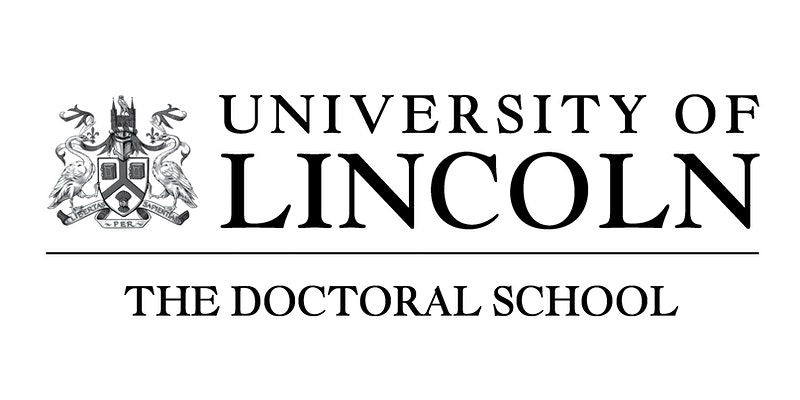UKCGE Supervisor Recognition Programme

The UK Council for Graduate Education offers a process whereby supervisors of Postgraduate Research students can apply for recognised supervisor status.
This is a highly advantageous scheme for those with experience of supervising PGRs and leads to a widely-acknowledged mark of recognition. You are asked to write a 5,000-word piece, reflecting on your practice as a supervisor, and to provide two references.
Once you have completed this process, your application is peer-reviewed by a two-person panel at the UKCGE, and you will be provided with detailed feedback. The UKCGE has produced extensive help and guidance on the application process, that you can access via this link: UKCGE | How to apply
As part of your application, you normally need to provide a fee of £100. However, this year the University has agreed to support the cost of a limited number of applications to this scheme, by institutionally co-ordinating submissions to the UKCGE.
UKCGE have also recently introduced a Recognised Associate Supervisor award for those who have not seen doctoral candidates through final examination and completion and/or are involved in research supervision ‘informally’. Please contact the Doctoral School if you wish to apply via this route.
To take advantage of this process, please inform doctoralschool@lincoln.ac.uk of your intention to submit. Due to the limited funding available, please ensure you notify the Doctoral School at least two weeks prior to the intended submission date. You will then be required to submit a letter of approval/support from your school PGR lead along with your reflective piece, plus two references, to doctoralschool@lincoln.ac.uk before 14th March 2025. The £100 fee for applications via this route will be paid by the University, providing you have obtained approval from the Doctoral School.
Why Should I Apply?
Hear How The UKCGE Supervisor Recognition Scheme has Helped Our Past Applicants
The scheme encouraged me to reflect on my supervisory practices, which helped to enhance my self-awareness of how I supervise and to identify areas of good practice within my supervision. The process of developing my reflective account helped my professional development as I gained new perspectives about doctoral supervision, the challenges that this can present, and ways through which I have sought to navigate these.
The structured nature of the reflective statement provided an excellent framework to document my supervision experiences and developed my appreciation of the range of skills and knowledge required to provide quality supervision to doctoral candidates. I have always had a passion for supporting doctoral candidates and the scheme has complemented my research interests in postgraduate researcher mental health, providing me with a space to outline my pedagogical approach to supervision practice and how this informed by relevant literature.
I would definitely recommend that PhD supervisors who have gained sufficient experience should apply for UKCGE recognition. Supervision is not only integral to the progression of doctoral candidates, but is also vital to support their personal development and wellbeing. Good doctoral supervision is therefore vital. Initiatives such as the UKCGE Supervisor Recognition Scheme provide an opportunity for supervisors to reflect on their experiences and to enhance their practice.
I am used to being a supervisor at PGR level, but never really think about it. I do what I can, and what works, and stick to that. It was nice to spend some time and focus on what I did, and how I could improve that. There is a surprising amount of literature available on being a supervisor, and reading it gave me some ideas to try in the future. I will see over the next year or so how this changes my practise and benefits my students
I am happy that my practises are seen as worthy of accreditation by a large body such as the UKCGE. The feedback was excellent and very beneficial and some of the suggestions I will try and include in my practise and see if they work for me. What works for one person doesn’t necessarily work for the next, so we shall see if these work in the science field.
I’d recommend supervisors apply for the scheme. What do you have to lose? Its a slightly lengthy application, but it is interesting to do the reading behind it as most people wont pick up any of these papers. The process is helpful, and the feedback too. And it shows that the way you supervise students is suitable to the level that is expected by the UKCGE.
UKCGE Associate Supervisor Recognition
This award is for those who have not seen doctoral candidates through final examination.
I applied for the Associate Supervisor Recognition scheme after it was advertised by the Doctoral School. I applied at Associate level because I have not yet supervised a student to completion, having only been at the University a relatively short time. However, I am part of a number of supervisory teams working on a diverse range of projects. I thought the application process would be a useful way to reflect and consolidate on my learning so far and this turned out to be the case.
It has helped me realise how much I have learned along the way, identify gaps to work on prior to submitting for full supervisor recognition and has given me confidence in ongoing supervision. I intend to put the status onto my staff page so that people looking for potential supervisors can see this. I would recommend going through the application process because it provides an important opportunity for reflection, which we do not often get the chance to engage in, and was quite an enjoyable piece of work to write.
In addition, the Associate application asks you to observe a colleague or colleagues conducting research supervision and I found this, in itself to be very helpful. The whole process was straightforward and the feedback from UKCGE was prompt and encouraging.




